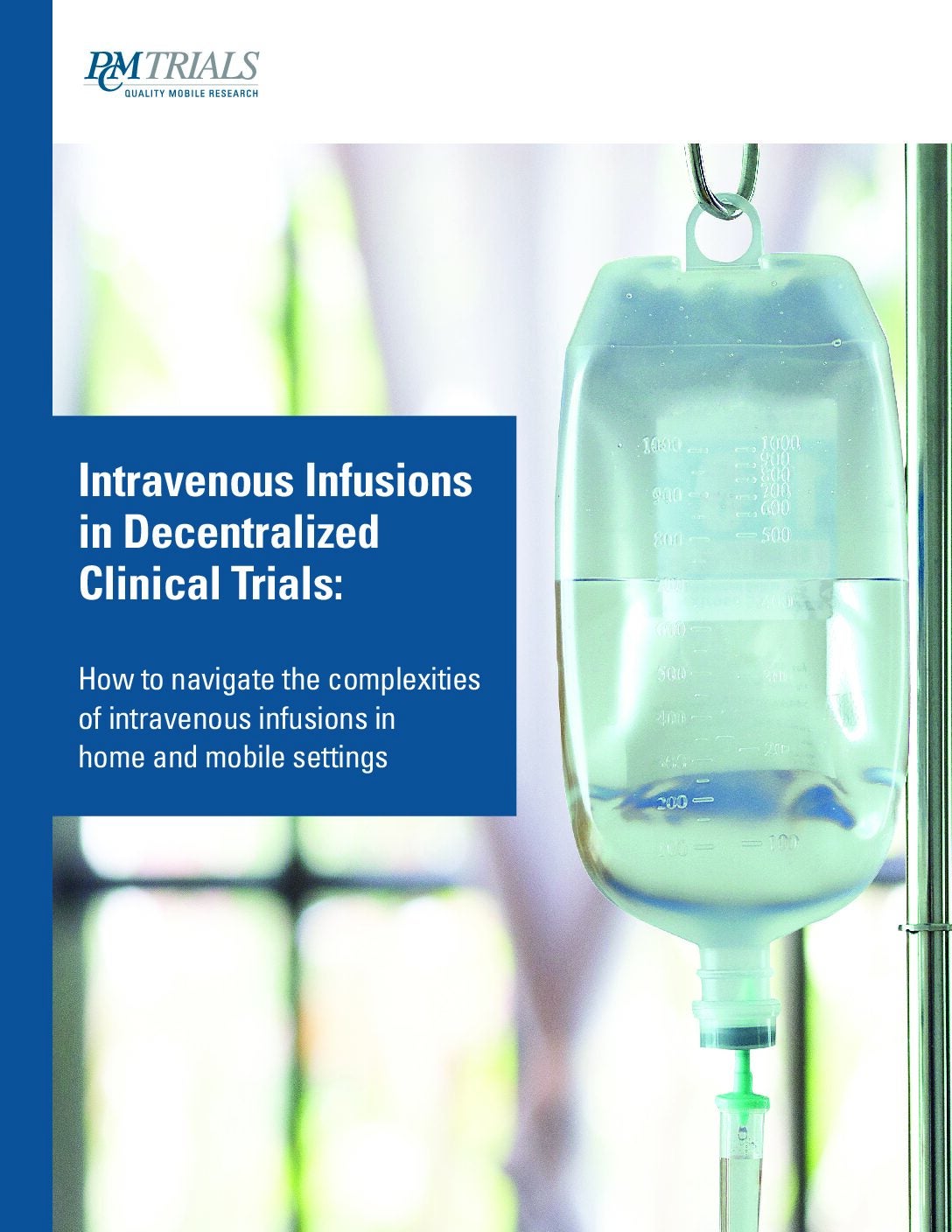
Kinnate Biopharma has for its pan-FGFR inhibitor, KIN-3248, to treat unresectable, locally advanced or metastatic cholangiocarcinoma (CCA).
KIN-3248 is indicated to treat CCA harbouring fibroblast growth factor receptor 2 (FGFR2) gene fusions or other alterations in people who previously received a minimum of one systemic therapy.
The irreversible, small molecule investigational pan-FGFR inhibitor KIN-3248 has been designed to target cancer-associated alterations in FGFR2 and FGFR3 genes.
It aims to address primary driver-alteration and clinically observed and predicted FGFR 2/3 mutations that drive resistance to current FGFR2- and FGFR3-targeted therapies in urothelial carcinoma (UC) and intrahepatic cholangiocarcinoma (ICC).
KIN-3248 showed inhibitory activity in a broad range of clinically relevant mutations that drive acquired resistance and primary disease to other FGFR inhibitors in preclinical trials.
The company is now evaluating KN-4802 in an ongoing open-label, multi-centre, two-part clinical trial.
The trial has been designed to assess KIN-3248’s tolerability, preliminary efficacy, safety and pharmacokinetics in adult patients with advanced tumours harbouring FGFR2 and/or FGFR3 gene alterations.
Currently, it is enrolling participants across several sites in Taiwan and the US, with additional sites anticipated to be added globally.
The trial will determine KIN-3248’s recommended dose and schedule it for further assessment in FGFR2 and/or FGFR3 gene alteration-driven cancer patients in dose escalation (Part A).
In dose expansion (Part B), KIN-3248’s efficacy and safety will be evaluated at the recommended dose and scheduled in FGFR inhibitor naïve and FGFR inhibitor pre-treated subjects with FGFR2 and/or FGFR3 gene alterations including UC, ICC, and other metastatic or advanced solid tumours.
Kinnate Biopharma expects to receive initial dose escalation data in the second half of this year.



